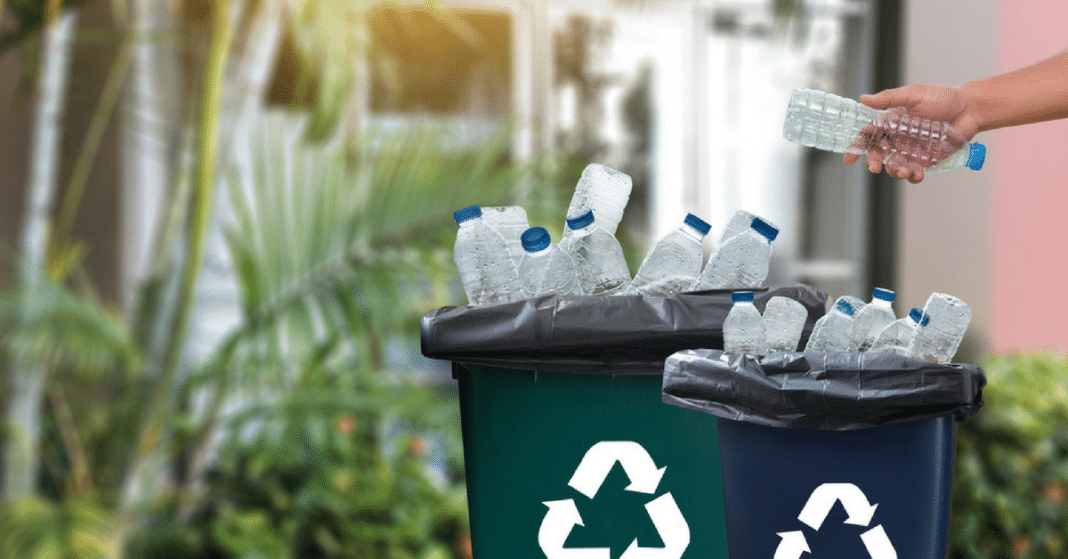The issue of waste disposal has been a menace for years, not just in the UK but also in other countries globally. However, what is the best practice that can get rid of this monster called waste? For the UK the answer has been found in the Environmental Protection Act and various UK waste regulations. The laws set out the framework of environment protection and waste reduction in the UK.
According to the laws, restaurants are expected to separate recyclable items from the general waste. The essence of this law is to ensure that employees adopt a regular recycling routine. But then aspirations don’t always amount to reality. There is a big gap between what the UK Government hopes to achieve and what it actually achieves. Maybe on top of waste recycling, same day rubbish clearance and the waste reduction laws could be the missing puzzle of minimizing waste disposal in Spain.
How bad is the waste disposal in the UK such that various laws have to be enacted? If you are a UK resident or citizen, do you take enough personal responsibility in waste disposal? This article extensively assesses the waste situation in the UK in terms of disposal, recycling, policies, and laws.
Waste Production in the UK
The amount of waste sent from the homes of UK residents to landfill every year is approximately 15 million tonnes. Dumping waste of land is not only detrimental to the beauty of the environment, but also results in significant problems to the environment. For instance, the gases that emanate from biodegradable materials broken down in landfills yearly have a negative impact on the climate. One major contributor to waste dumping is plastic water bottles.
The alarming bit of this information is that very few of these bottles are recycled. Averagely, the amount of waste produced in the UK in 2018 was 222.2 million tonnes. However, only 48.7% of the total waste produced in the UK was recycled that year. That is why the UK Government has enacted laws to regulate the packaging and waste industries.
The waste regulation laws provide for two critical things:
- Prohibition of single-use plastics, for instance, single-use plastic bottles.
- Setting targets for waste reduction.
With the Government being forced to enact new and strict laws to help minimize waste dumping, it means there is a problem in the recycling sector.
Waste Recycling
The new waste laws seek to bolster waste management in the UK by banning marketing of single-use plastic containers as well as detergents and cosmetic products containing microplastics. Recycling is evidently not enough in the UK; the industries are failing to meet expected targets. It is, however, important for industry players to embrace recycling now more than ever if they intend to move the Government to be more lenient in their policies and laws.
Daily Rubbish Clearance
While strolling in the cities and streets of England, you will come across lots of waste, especially in the morning. Beer cans, cigarette butts, and plastic bottles are always left behind on outlying squares or children’s playgrounds.
This means that residents don’t take enough personal responsibility to clean up after their mess in public spaces. There are numerous cleaning companies that do daily trash clearance; this can significantly minimize the amount of waste build-up in households.
Policies and Laws: The Ultimate Solutions?
As expected, there has been increased criticism of the new policies and laws since inflation and rising energy prices place extra burden on the packaging and waste industries. The motive behind the UK environmental tax is indeed positive, however, there is already enough pressure on the industry players arising from other economic burdens.
According to food companies, the plastics packaging tax places a financial burden on production hence resulting in increased prices of finished products. This means that the extra charge is eventually shifted to the consumers. Will the UK waste management laws turn aspirations into reality? Maybe time will tell.





